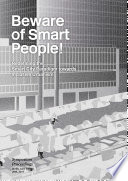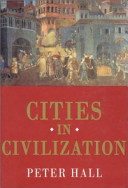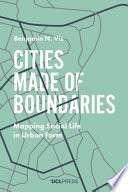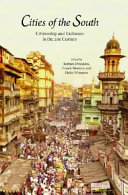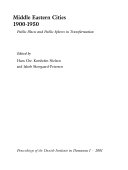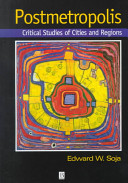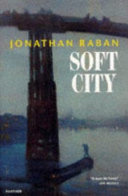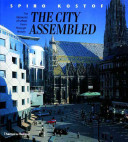Urban Common Space, Heterotopia And The Right To The City
Reflections On The Ideas Of Henri Lefebvre And David Harvey

نبذة عن الكتاب
A city's common spaces are appropriated by capital that aims to guarantee the conditions necessary for the production-reproduction of capitalist relations. In this context, the challenge is to imagine and construct a very different type of city capable of breaking away from the dynamic of capital, founded on new forms of appropriation of the city, which implies articulating both theory and praxis. For this to occur, however, it is necessary to create new knowledge about the city and a strong anti-capitalist social movement focused on the transformation of daily urban life and involving new forms of appropriation of urban common spaces. It is in this context, and from a dialectic perspective, that this article articulates the ideas of Henri Lefebvre and David Harvey, seeking to contribute to an understanding of the production processes of space in contemporary capitalism, the discussion of the future of cities and perspectives on transition. To do so, the article addresses four central ideas: (i) the dialectic conception of space to problematize the production and appropriation of urban common spaces; (ii) the recognition of urban common spaces as spaces traversed by contradictions, disputes and material and symbolic conflicts among different agents; (iii) the right to the city as a need and as a utopian project; and (iv) the challenge of articulating heterotopic practices from the perspective of creative rebellion for the right to the city and the transition to a new urban future


